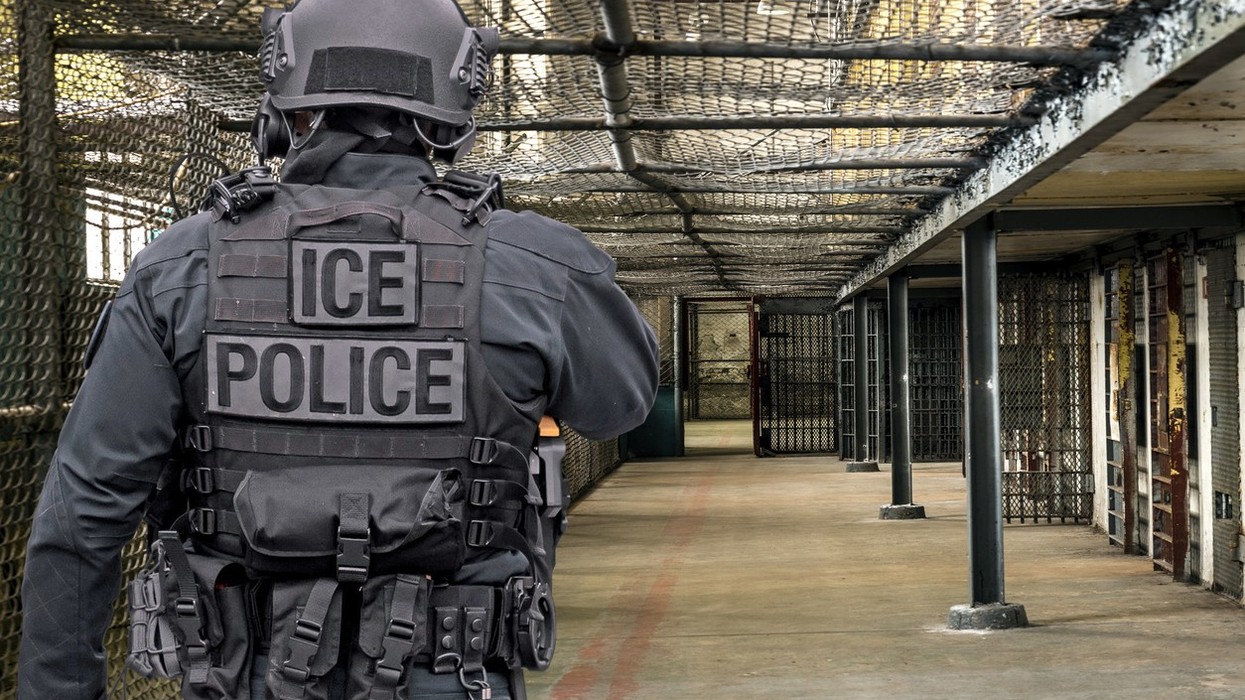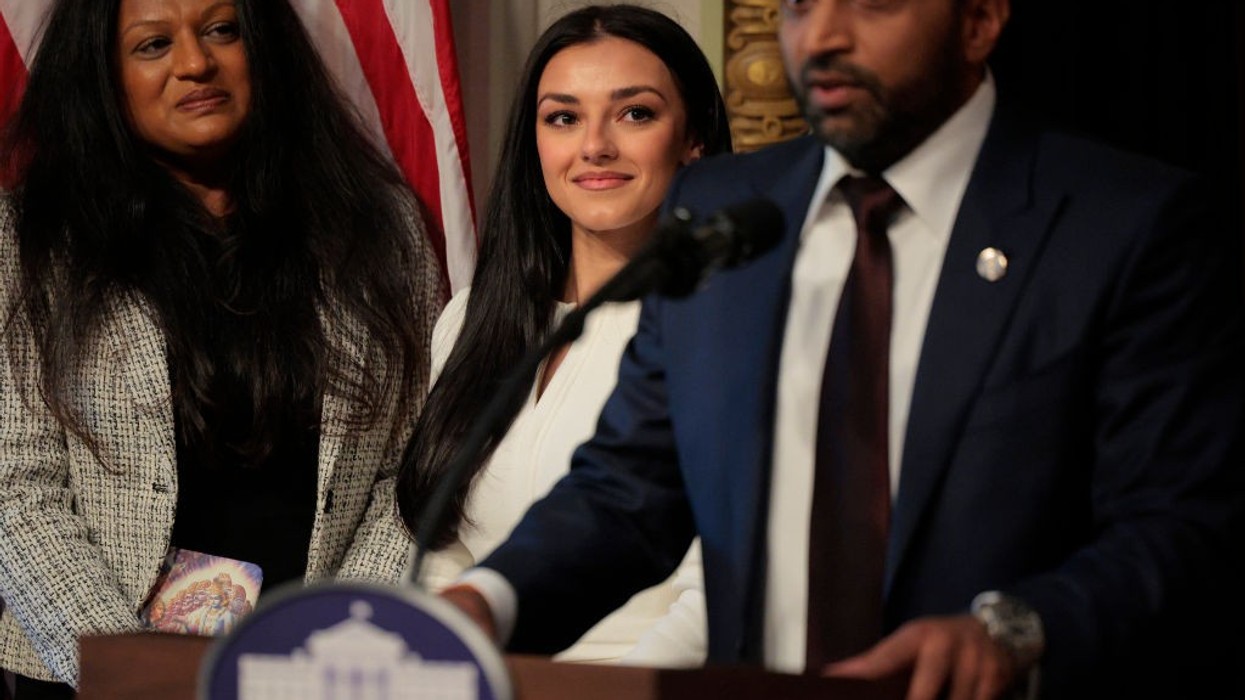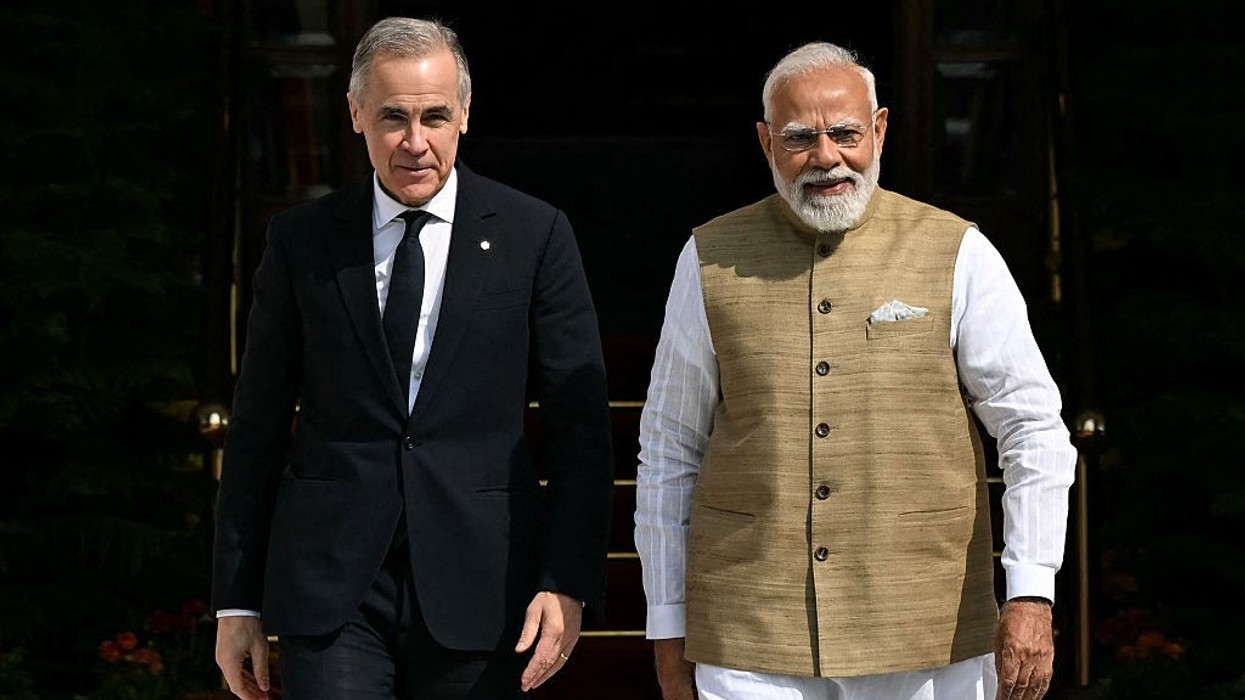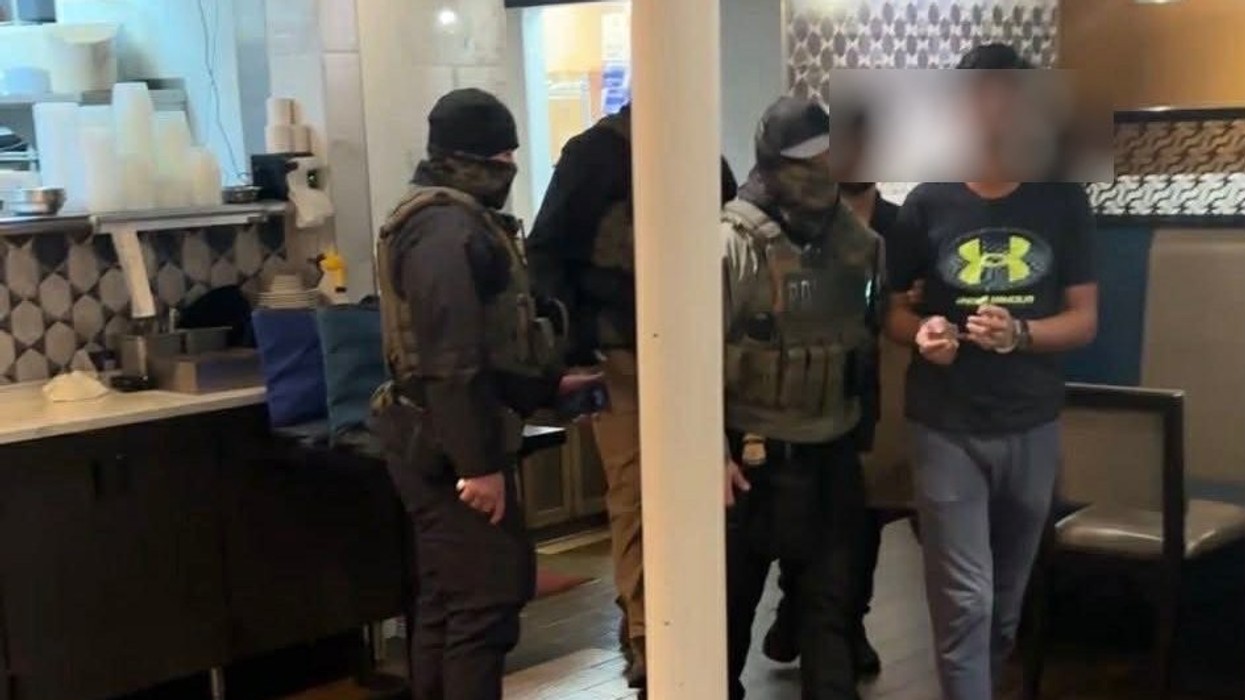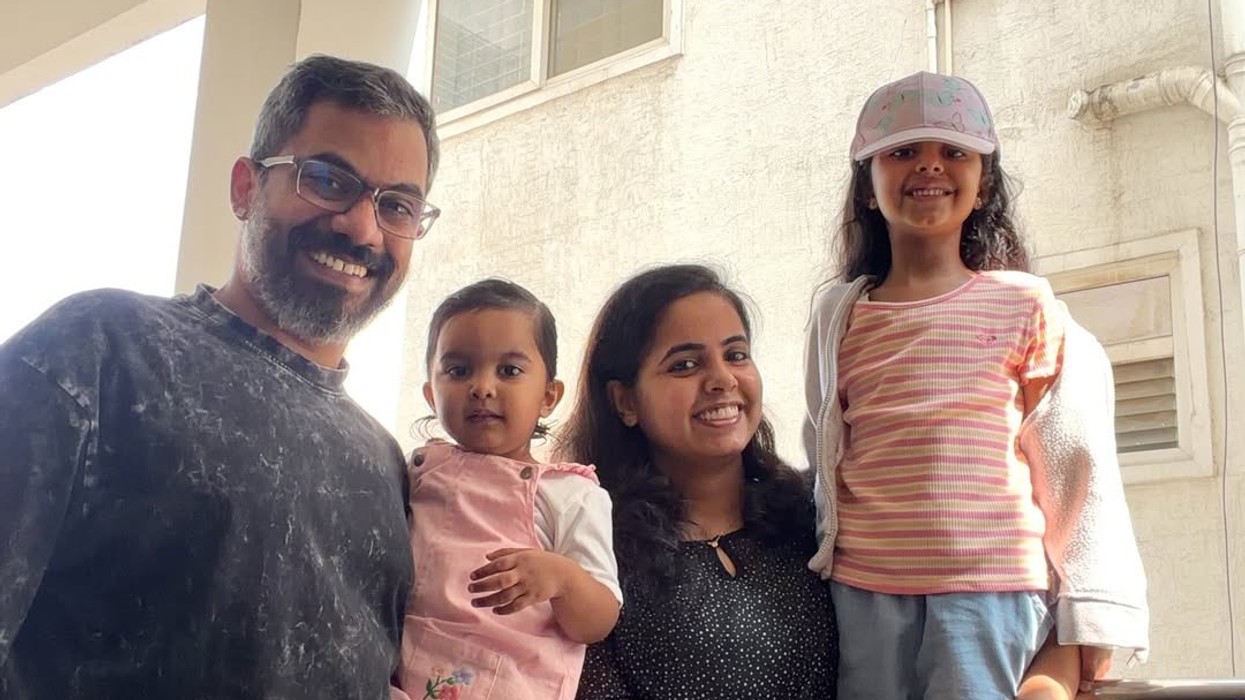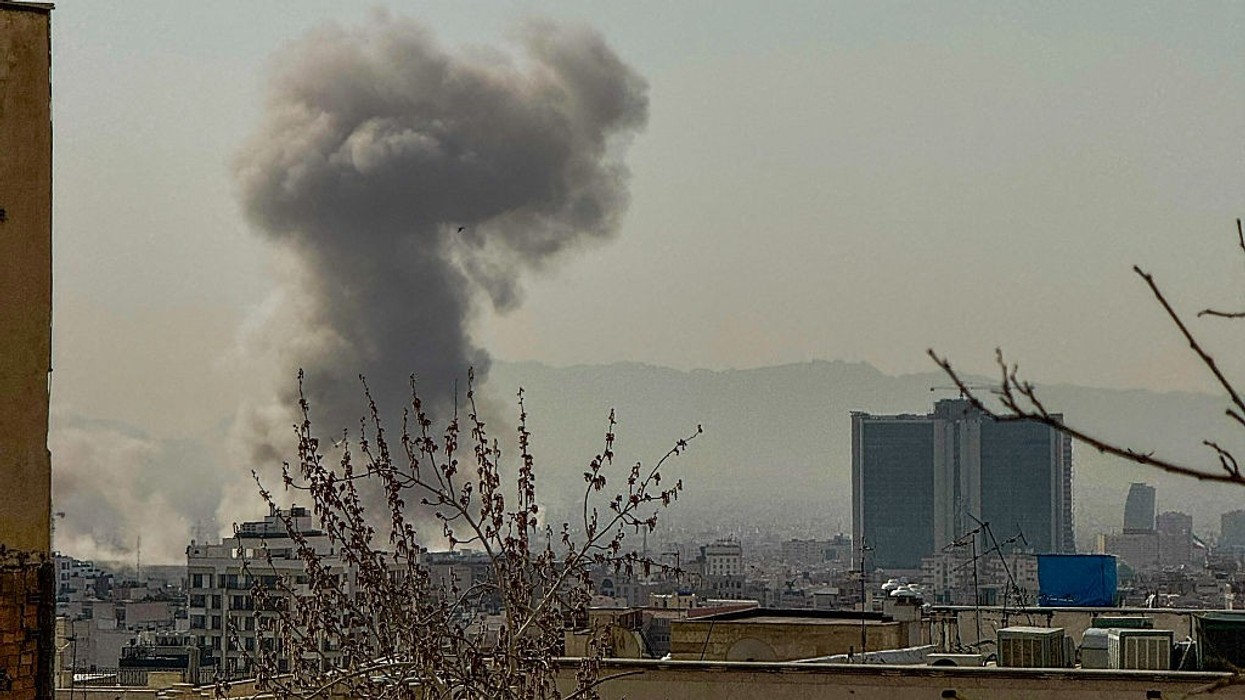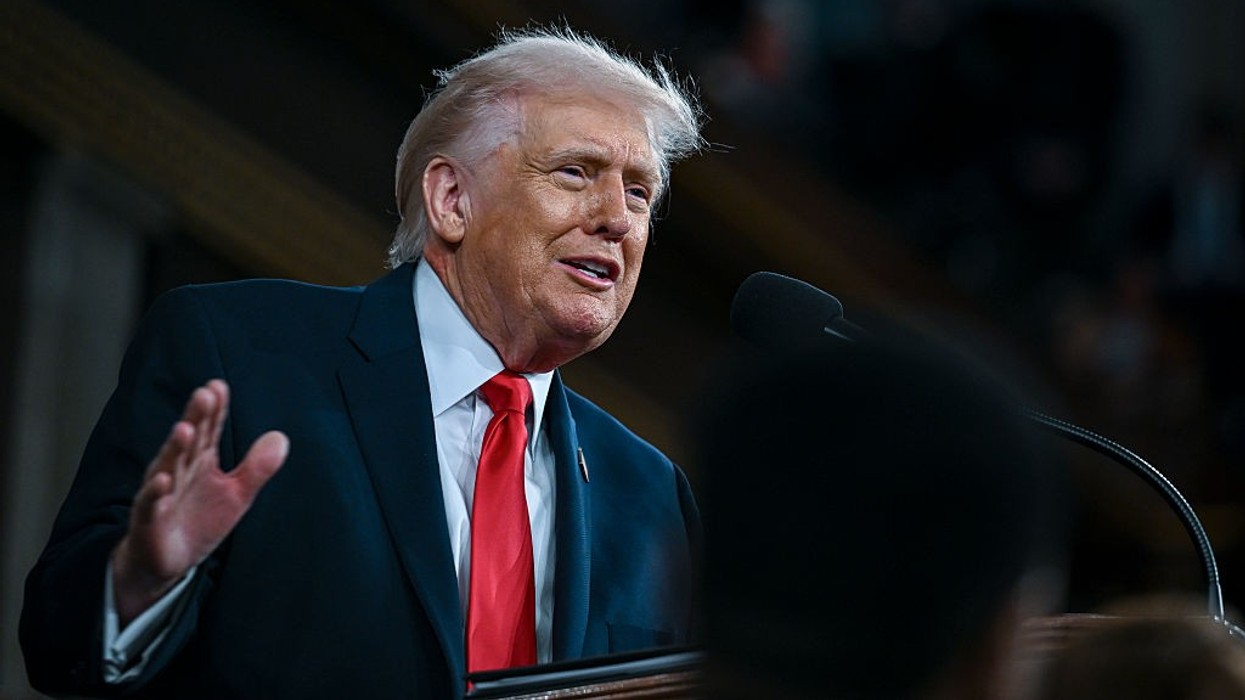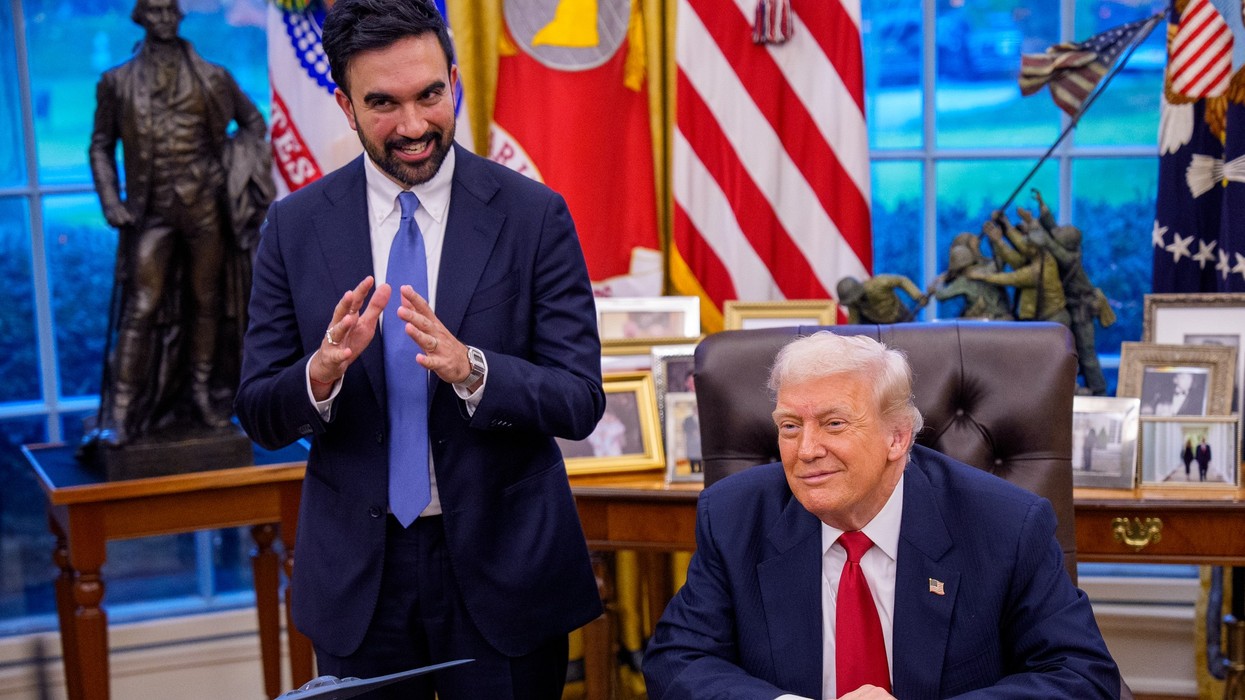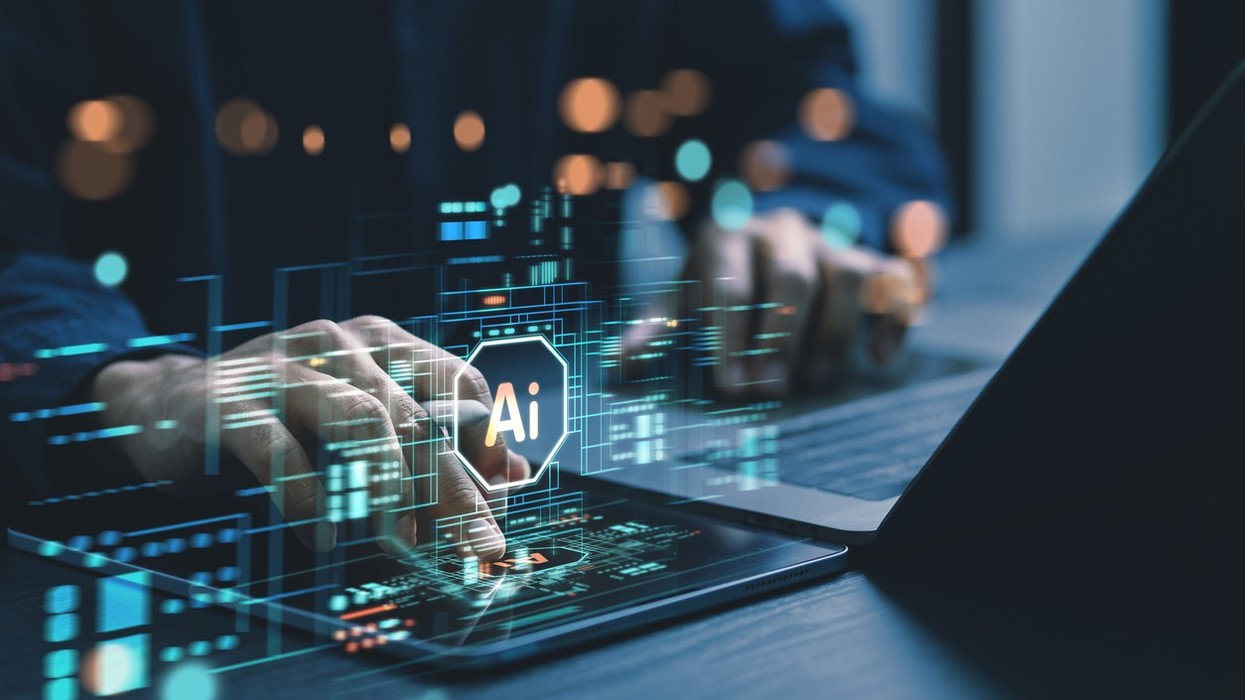THE TRUMP administration's move to intensify social media vetting of foreign students has caused anxiety among Indian students aspiring to study in US universities.
The US missions abroad have been told to stop scheduling new appointments for student and exchange visitor visa applicants as the State Department prepares to expand social media vetting of foreign students.
The order recently issued by secretary of state Marco Rubio directs consular officers to consider questioning the credibility of the applicant if the individual's social media accounts are private, as that may be reflective of "evasiveness," and instructs them to ask applicants to set their accounts to public.
The officers can remind the applicant that "limited access to or visibility of social media activity could be construed as an effort to evade or hide certain activity," the cable said.
The cable instructs the consular officers to consider any information about the applicant that does not raise to the level of inadmissibility to ensure that the applicant's claimed purpose of travel is consistent with the visa they are seeking.
"If you are not personally and completely satisfied that the applicant, during his time in the United States, will engage in activities consistent with his non-immigrant visa status, you should refuse the visa...," the cable said.
Playing safe
Many students in India have deleted their accounts on social media platforms such as Instagram and LinkedIn, fearing that their posts could put their visa prospects at risk, India Today reports.
Fearing that their political views, jokes, or activism might be misinterpreted during visa interviews, Indian students are scrubbing their digital footprints to reduce any potential risks.
Many applicants fear that even seemingly harmless posts, such as political opinions or casual comments, could be misinterpreted during the visa review process.
However, visa counsellors suggest that sudden deletion of content might also arouse suspicion among US consulate officials.
They are suggesting that students should have a responsible digital footprint to avoid any problem.
They warn that even liking or sharing content considered illegal could lead to visa rejections by US authorities.
Though what constitutes "objectionable" content remains vague; but experts point out that any content related to pro-Palestinian views or perceived anti-American sentiments are likely to invite extra scrutiny.
The administration has stepped up scrutiny of international students in the aftermath of widespread pro-Palestine demonstrations on US college campuses last year.


